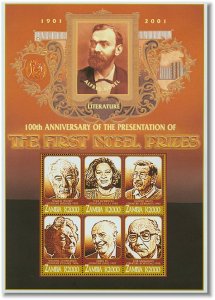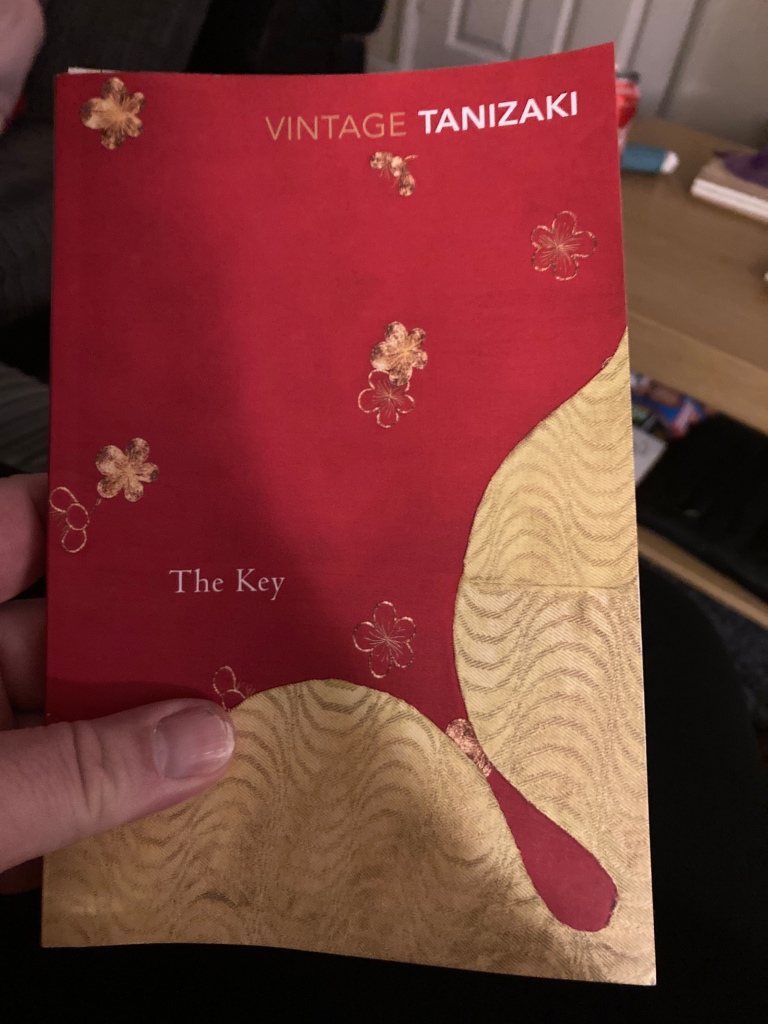The Madness by Narcis Oller
Catalan fiction
Original title – La bogeria
Translator – Douglas Shuttle
Source – review copy
You ever think you reviewed a book and then discover you haven’t well this is a case in point I can remember writing about this book but I must have deleted it or part wrote and left it but anyway I return today with a classic of Catalan fiction from Narcis Oller. He translated books by Tolstoy and Dumas into Catalan also his french edition of one of his books was given a forward by Emila Zola. So he is in that vein of naturalism and realism of writers like Zola and Dicken. He wrote a number of well-received books. Here he captures through two men who meet over a period of time the political strife that would lead towards the civil war. This is from a new press Fum D’estampa specializing in Catalan
fiction
Daniel Serrallonga was older than us and must have then been around twenty-five years old. But his pale, hollow face, thick, unfuly beard and short, auburn hair made him look a lot older. Hiseyes, round and grey and hardly visible through the thick glass of his gold rimmed Prince-nez, ever balanced on the bridge of his hoked twisted nose, added years to him or , at least , provided him with an air of being of a somewhat undefinable age due to his clear lack of youth and the veil of sadness that they conferred on him.
He paints an interesting potrait of Daniel a sort of firey man by this description.
The story revolves around two men Daniel Serrallonga who has moved to the country and are narrator we don’t get told much about our narrator just he is a lawyer who has another friend Armengol whom he first met the young man daniel at a coffee house. As they meet our narrator observes who the young man challenges the local police officer who was booed by the other in the coffee house as he takes things to far our narrator sees this as an odd action. Daniel ends up in prison. Where he starts to write political pieces, but when he is released he discovers that his articles never saw the light of day as they were just destroyed by his friends that he had trusted to put them out there for him. what follows is over the years the three men’s paths cross the narrator’s friend Armengol swaps careers and becomes a doctor later in his life as we see daniel fall out with his family or an inheritance becomes involved with various theories to the assassination of General Prim a would-be prime minister it is either this or his family woes with his sister that lead to Daniels downfall.IS he Mad ? what drove him there.
Four years passed without me hearing anything aqbout Daniel, and had it not been for bumping into Armengol in a bar in Barcelona, it woukld have been even longer.
“Hello, hello” grinned Armengol “What are you doing here ? Its great to see you!
“You too! What a concidence!”
I’m just back from Madrid. Oh, and you can take your hat to me,I am now offically a gradute doctor. I arrived atthis morning because of some carlist stopping the train at Calaf. And You
Later it is through Armengol who sees daniel in the medical sense more in the latter stages of the book.
I enjoyed this as many of you know I work with Learning disability patients we have a number that also has mental health issues which we usually see as they are in crisis when they arrive at our ward. So I am always interested in literature that involves mental health we see daniel fall apart throughout the book this is a time before understand of what is mental health with his theories etc and the swings in his behavior he has some sort of psychosis. The novel shows the background of the time the fragile state assassinations police corruption then through Daniels family we see what happens when the family falls out. This is a sad tale of one man’s descent into the well of misery. This is seen through two sides a look back at events from the present and then the events told as they happen. This shows Oller view of the times from the three main characters point of view













